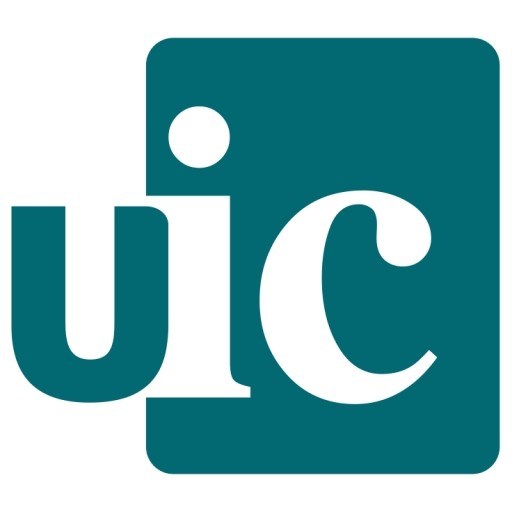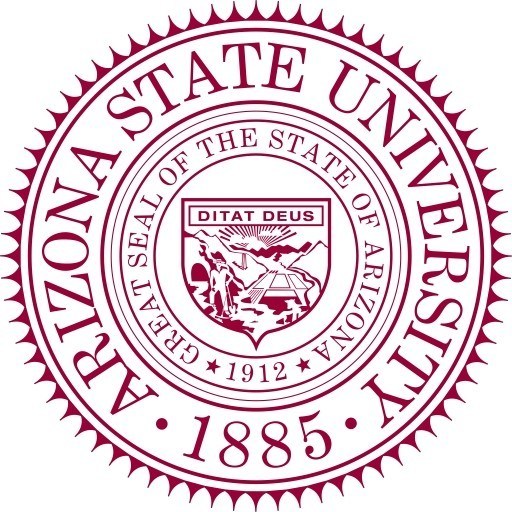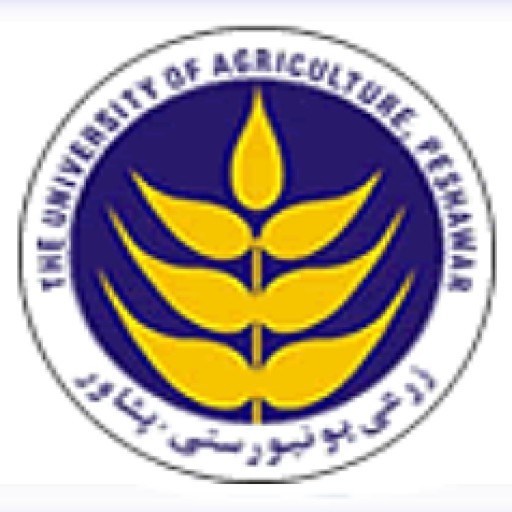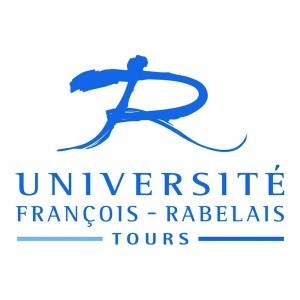Photos of university / #uicbarcelona
Advertisement
Future perspectives for the Masters programme
This Masters programme contributes to the necessary methodological framework for the diagnosis, intervention and management of emerging intermediate landscapes. The regeneration of sprawl areas, the transformation of suburban thoroughfares into main streets, or the preservation of cultural landscapes, are being widely considered. This Masters programme recognises the need to meet these challenges through training skilled technicians.
Since the eighties, mature and multidisciplinary critical answers have been consolidated in North American and European contexts, responding to various types of environmental, economic, social and cultural repercussions, generated by a demanding growth without a united overview. We can confirm that at present there are sufficient theoretical and professional grounds to offer an alternative model. Within this context, the Masters in the Regeneration of Intermediate Landscapes aims to contribute to the construction of more efficient and sustainable metropoli.
* In the process of becoming official.
Study programme and subjects
1st MODULE: INTRODUCTION - 6 weeks
1. Conceptual framework
* Theoretical framework. Main research contributions addressed to the analysis and regeneration of intermediate landscapes
* Historical framework. Background and evolution of intermediate landscapes in developed and developing countries
* Political framework. (1) Multiple management scales. Local government and regional governance systems (regional compacts). (2) Bottom-up processes and the participation of citizens. (3) Partnership and public-private cooperation
* Economic framework. (1) Economic determinants of growth and sprawl. The sprawl machines. (2) Local government revenue sources (tax revenues), land use and sprawl
* Social framework. (1) Threats. Segregation and loss of social capital. (2) Changing demographic structure. Immigration and cultural diversity. (3) Third places: new collective social places
* Environmental framework. (1) The impact of sprawl on the environment and human health. (2) Current trends and techniques for environmental protection
2. Introduction to the study and presentation of case studies.
* Phenomenology and classification. Intermediate landscapes: contexts and morphologies. Identification of categories
* Basic tools for case study analysis. Analytical basis for the comprehension of intermediate landscapes. Key content to be considered
* Basic tools for the spatial analysis of intermediate landscapes. Introduction to field work. Identification, interpretation and representation of key content
* Basic communication tools. Written and graphic presentation techniques for planning and urban design material
2nd MODULE: METHODOLOGY - 12 weeks
3. Urban Materials
* Mobility networks. (1) Morphological categories. Types of road ways associated to types of development. Freeways, arterial roads, collector roads, local roads, historic roads, suburban trails. (2) Regeneration strategies. The design of civic networks
* Dispersed urban systems. (1) Morphological categories. Clusters, corridors and sprawled developments. (2) Retrofitting strategies. Infill, redevelopment and re-greening
* Open spaces in urban networks. (1) Morphological categories. Agricultural, forest, river and coastal areas. (2) Cultural landscapes and historic parks. (3) Regeneration strategies. Integrate local and regional systems. The social, economical and ecological role of open spaces
4. Topics
* Culture. (1) Cultural heritage and regional development. Local identity: marketing and sense of place. (2) Heritage networks and pre-urban patterns. Civic engagement and heritage network capacity. (3) Preservation programmes
* Ecology. (1) Landscape ecology: integrated and sustainable management of land mosaics (natural and built-up areas). (2) Urban ecology: sustainable criteria related to: mobility, water, waste and energy management
* Community. (1) Methods of social inquiry and tools for active participation processes. (2) Strategies of design aimed at strengthening the local identity and sense of belonging. (3) Rethinking the public space concept
* Mobility. (1) Regional mobility and transportation systems based on a comprehensive overview. (2) Local mobility and accessibility. Design of place-based pedestrian paths
* Ethics. (1) Sprawl and social equity. Affordable housing and access to urban services and social facilities. (2) Negative effects of sprawled developments on disadvantaged sectors (people with disabilities, senior citizens and children).
* Public health. Sprawl and public health. Design, research and policies on healthy place-making
5. Tools
* Information technologies. Geographical information systems applied to advanced analysis, design and the integrated management of intermediate landscapes
* Communication technologies. Simulation systems applied to the display of regeneration scenarios. Digital development of activating images
* Economy. (1) Basic microeconomics for planners. How markets function. (2) Real estate markets (residential and commercial) and property laws. (3) Development and speculation. Public interventions. (4) Regional marketing
* Planning framework. (1)Local and regional planning tools to propel intermediate landscape regeneration. (2) Management on an intermediate landscape scale. Regional and municipal government agreements. Public-private partnerships. (3) Legal framework. Local, regional and state regulations in order to develop intermediate landscape regeneration
3rd Module: CASE STUDIES - 9 weeks
6. Local case studies: Fieldwork
* Local intermediate landscape regeneration case studies. Study of the morphological, functional, social, and political components of the case based on a comprehensive overview. Critical analysis of the existing planning and management tools.
7. International case studies
* Study of significant international cases studies in developed and developing countries. Political, economic, social, environmental, legal and planning framework. Urban materials and main topics. Regeneration strategies
4th Module: MASTERS THESIS - 10 weeks
8. Masters Thesis
9. Development of a regeneration proposal for an intermediate landscape. Integrated methodology of analysis, intervention and management. Application of the intervention tools acquired during the programme in terms of decision making as part of a multiscale process. The development must express an overall strategic vision and flexible development in terms of its various stages
Want to improve your English level for admission?
Prepare for the program requirements with English Online by the British Council.
- ✔️ Flexible study schedule
- ✔️ Experienced teachers
- ✔️ Certificate upon completion
📘 Recommended for students with an IELTS level of 6.0 or below.






